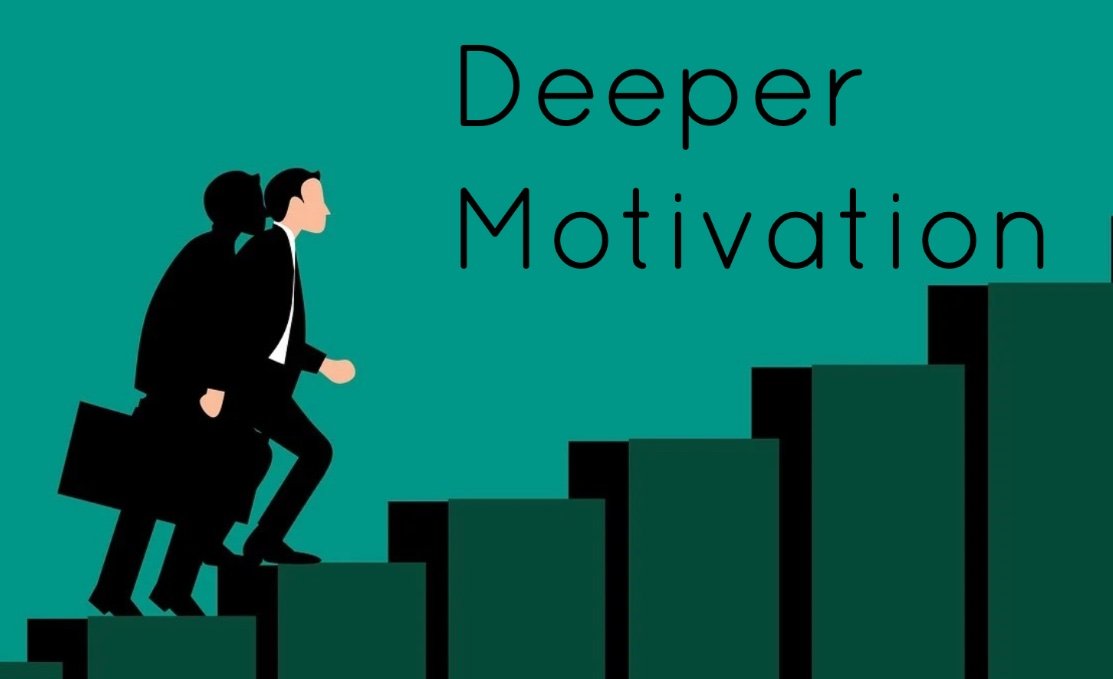I think everything matters; it just depends on the context. The inspirational coach, Tony Robbins has highlighted six fundamental psychological needs that drive human behaviour.
1. Certainty - The need for stability, security, and predictability in life. People seek comfort and assurance that their basic needs will be met.
2. Variety - The need for novelty, change, and excitement. People also want to avoid monotony and boredom in their lives.
3. Significance - The need to feel important, unique, and valued. This can come from achievements, recognition, or even feeling like a part of a larger purpose.
4. Connection/Love - The need for social interaction, relationships, and a sense of belonging. People thrive on emotional connections and supportive relationships.
5. Growth - The need for personal development, learning, and progress. People feel fulfilled when they are advancing and expanding their capabilities.
6. Contribution - The need to make a positive impact, give back, and contribute to something greater than oneself. This can involve helping others or making a difference in the world.
I think that at we will naturally gravitate towards different needs for different reasons throughout our lives. And in the end, creating a fulfilling, successful and happy life will likely weave a positive balance between all six of these human needs.





















